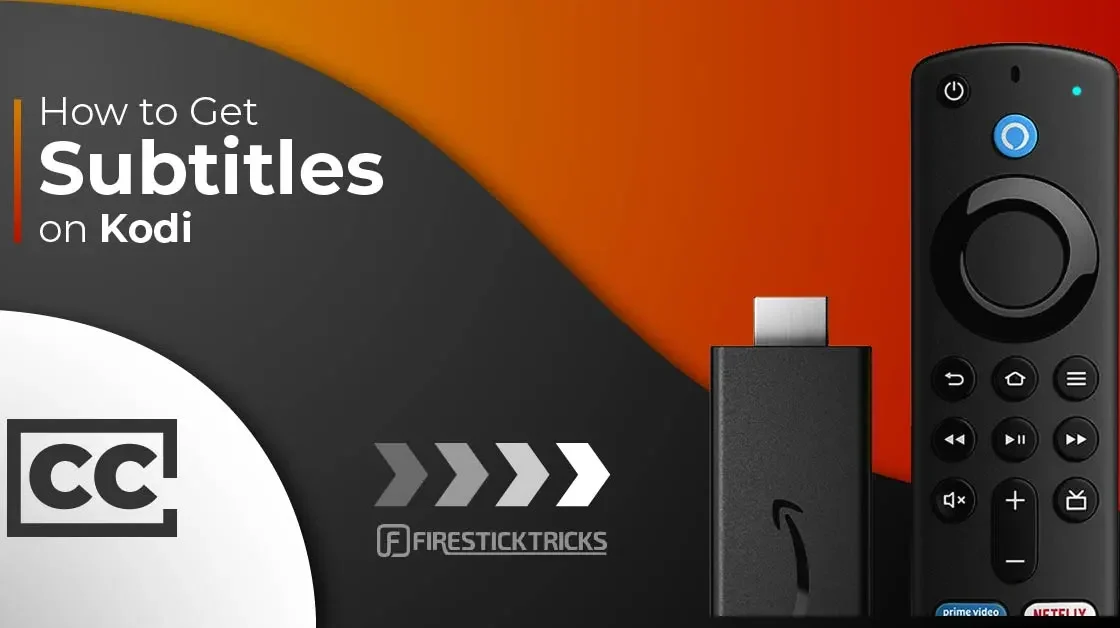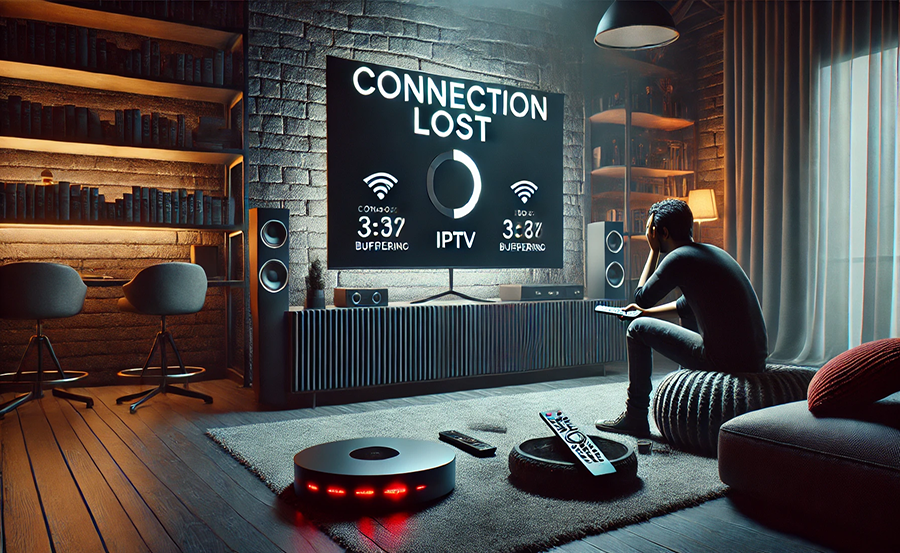
Choosing the right hardware for your IPTV setup can significantly enhance your viewing experience. With the growing popularity of IPTV, a variety of devices are available that cater to different needs, from dedicated set-top boxes to versatile streaming sticks. In this guide, we’ll explore How to Choose the Best IPTV Hardware, discuss their features, and help you decide which one is right for you.
How to Choose the Best IPTV Hardware: From Set-Top Boxes to Streaming Sticks 2025
Why Hardware Matters for IPTV
The device you use to stream IPTV plays a crucial role in determining the quality of your experience. The right hardware ensures smooth playback, supports various video formats, and provides a user-friendly interface. Whether you’re looking for a device with advanced features or something simple and cost-effective, understanding the options available can help you make an informed choice.
Types of IPTV Hardware
1. Set-Top Boxes (STBs)
Set-top boxes are dedicated devices designed specifically for streaming IPTV content. They are typically more powerful than other options and offer a wide range of features.
Popular Set-Top Boxes:
- MAG Boxes: MAG boxes are well-known in the IPTV world for their reliability and ease of use. They support a wide range of IPTV services and offer features like HDMI output, USB ports, and remote control.
- Formuler Z8: This Android-based set-top box is popular for its high-performance hardware, 4K streaming support, and user-friendly interface. It also has built-in apps like MyTVOnline2, which is highly regarded for IPTV.
- Nvidia Shield TV: Known for its powerful processor and gaming capabilities, the Nvidia Shield TV is also an excellent choice for IPTV. It supports 4K HDR streaming, Dolby Atmos audio, and has access to the Google Play Store for additional apps.
Advantages:
- Performance: Set-top boxes typically offer better processing power, resulting in smoother streaming and faster load times.
- Dedicated Support: These devices are often designed with IPTV in mind, meaning they come with pre-installed apps and easy setup processes.
- Connectivity: They often include multiple ports for HDMI, USB, and Ethernet, providing more stable connections and flexibility in setup.
Considerations:
- Cost: Set-top boxes can be more expensive than other hardware options.
- Size: They are generally larger and require more space compared to streaming sticks.
2. Streaming Sticks
Streaming sticks are compact, portable devices that plug directly into your TV’s HDMI port. They are a popular choice for their affordability and convenience.
Popular Streaming Sticks:
- Amazon Fire TV Stick: The Fire TV Stick is a versatile and affordable option for IPTV. It supports a wide range of IPTV apps, including IPTV Smarters, and offers features like Alexa voice control.
- Roku Streaming Stick+: Roku devices are known for their simplicity and wide app availability. The Streaming Stick+ supports 4K streaming and offers a straightforward user interface.
- Google Chromecast with Google TV: This device combines the simplicity of Chromecast with the added functionality of Google TV, providing access to a wide range of streaming apps and IPTV services.
Advantages:
- Portability: Streaming sticks are compact and easy to move between different TVs.
- Cost-Effective: They are generally cheaper than set-top boxes while still offering a great streaming experience.
- Ease of Use: Most streaming sticks are plug-and-play, requiring minimal setup.
Considerations:
- Performance: Streaming sticks may not offer the same level of performance as set-top boxes, especially for high-definition content.
- Limited Ports: Most streaming sticks lack Ethernet ports, which means they rely solely on Wi-Fi, potentially leading to less stable connections.
3. Smart TVs
Many modern Smart TVs come with built-in support for IPTV apps, eliminating the need for external hardware. Brands like Samsung, LG, and Sony offer TVs that support popular IPTV apps directly from their app stores.
Advantages:
- All-in-One Solution: No need for additional devices; everything is integrated into the TV.
- Ease of Use: Smart TVs offer a simple setup process with easy access to IPTV apps via the TV’s interface.
- Less Clutter: With everything built-in, you reduce the number of devices and cables around your TV.
Considerations:
- Performance Limitations: The processing power of Smart TVs might not be on par with dedicated set-top boxes, potentially affecting performance.
- App Availability: Not all Smart TVs support every IPTV app, so you might have limited options depending on the brand.
4. Media Players and Consoles
Devices like Apple TV, Xbox, and PlayStation can also be used for IPTV. They offer high performance and additional features like gaming or media playback.
Popular Media Players:
- Apple TV 4K: Known for its smooth performance and high-quality 4K streaming, Apple TV supports a wide range of IPTV apps available on the App Store.
- Xbox Series X/S and PlayStation 5: Both gaming consoles support IPTV apps and provide the added benefit of gaming and media playback.
Advantages:
- Versatility: These devices offer more than just IPTV, including gaming, media streaming, and more.
- High Performance: Both Apple TV and gaming consoles offer powerful hardware for smooth 4K streaming.
Considerations:
- Price: Media players and consoles are generally more expensive than other IPTV hardware options.
- Complexity: Setting up IPTV on these devices might be more complex compared to simpler options like set-top boxes or streaming sticks.
Choosing the Best IPTV Hardware for Your Needs
1. Consider Your Streaming Needs
- Do you need 4K streaming? If so, opt for a device that supports 4K, like Nvidia Shield TV, Fire TV Stick 4K, or Apple TV 4K.
- Are you streaming live sports or high-action content? Devices with higher processing power like set-top boxes or gaming consoles are better suited for this.
2. Think About Connectivity
- Do you prefer a wired connection? Set-top boxes with Ethernet ports will offer a more stable connection than devices relying solely on Wi-Fi.
- Is portability important? Streaming sticks are easy to carry and set up anywhere with an HDMI port.
3. Budget Considerations
- Are you looking for a cost-effective solution? Streaming sticks like the Fire TV Stick or Roku Streaming Stick+ offer great value.
- Are you willing to invest more for high performance? Set-top boxes or media players might be a better choice if you’re okay with spending more for top-tier features.
4. User Experience
- Do you want an easy-to-use interface? Devices like Roku or Amazon Fire TV are known for their user-friendly interfaces and ease of setup.
- Do you need advanced features? If you’re a power user, devices like Nvidia Shield TV or MAG Boxes offer more customization and advanced settings.
Conclusion
Choosing the best IPTV hardware depends on your specific needs, preferences, and budget. Whether you opt for a dedicated set-top box, a portable streaming stick, or a multi-functional media player, each option offers unique advantages that cater to different types of users. By understanding the features and capabilities of each device, you can select the hardware that will provide you with the best IPTV experience possible.
At IPTVSMARTER+, we offer a wide range of IPTV subscriptions and support for various devices to ensure you have the best possible streaming experience. Visit our store today to explore our offerings and find the perfect IPTV solution for your needs.



